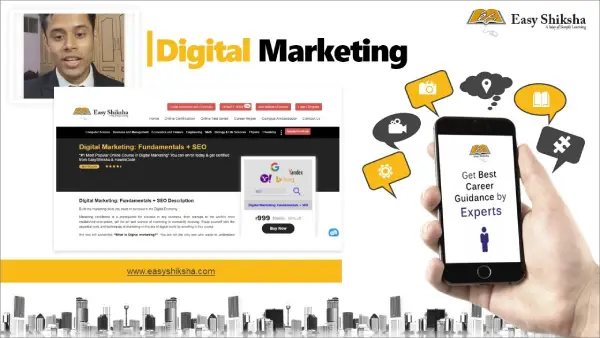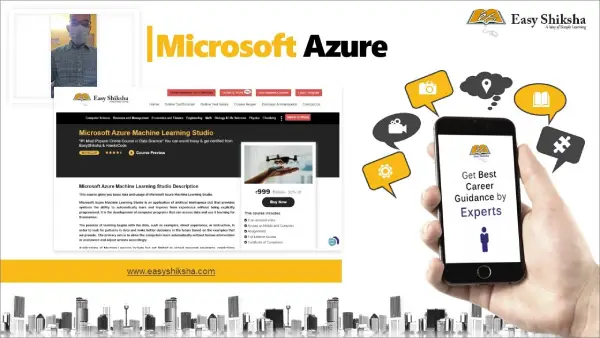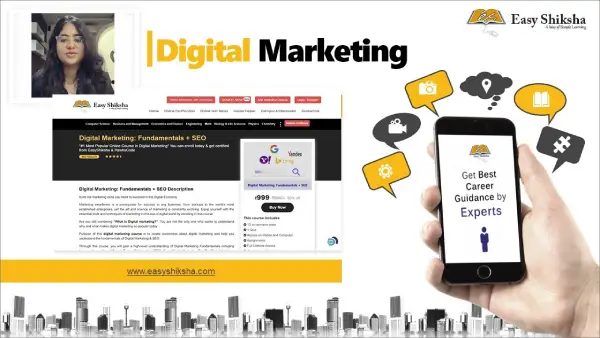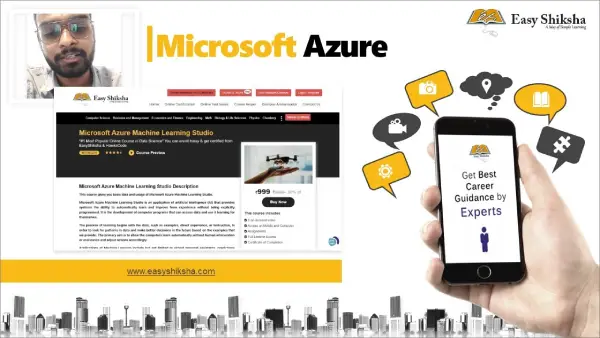In today’s rapidly evolving digital landscape, the demand for versatile developers who can handle both front-end and back-end technologies has skyrocketed. Full stack web development has emerged as a vital skill set, offering developers the ability to create complete web applications from scratch. This article explores why becoming a full stack web developer is not just a trend but a future-proof career choice.
Top Courses in Programming Language
Understanding Full Stack Development
Full stack development refers to the development of both the client-side (front-end) and server-side (back-end) of web applications. A full stack developer has a broad skill set, which includes:
1. Front-End Technologies: Proficiency in HTML, CSS, and JavaScript frameworks (like React, Angular, or Vue.js) to create engaging user interfaces.
2. Back-End Technologies: Knowledge of server-side languages (such as Node.js, Python, Ruby, or PHP) and databases (like MySQL, MongoDB, or PostgreSQL) to manage data and server logic.
3. Version Control: Familiarity with tools like Git to manage code and collaborate with teams.
4. Deployment and Hosting: Understanding cloud services and deployment strategies to launch applications effectively.
The Growing Demand for Full Stack Developers
The tech industry is experiencing a massive shift towards full stack development. Companies are increasingly seeking developers who can navigate the entire stack of web technologies, allowing them to streamline their development processes. Here are some reasons why full stack developers are in high demand:
1. Versatility
Full stack developers are versatile and adaptable, allowing them to tackle various tasks in a project. This flexibility makes them invaluable assets to any development team. They can seamlessly switch between front-end and back-end tasks, which helps optimize workflows and reduce the need for multiple specialists.
2. Cost-Effectiveness
Hiring a full stack developer can be more cost-effective for companies, as they can handle both front-end and back-end tasks. This efficiency reduces staffing costs and improves project timelines. Businesses can save money while delivering high-quality results.
3. Faster Development Cycles
Full stack developers can significantly speed up development cycles. Their ability to work on both ends of the application allows them to identify and resolve issues quickly. This leads to faster iterations and a more agile development process, crucial in today’s fast-paced tech environment.
4. Holistic Understanding of Projects
Full stack developers have a comprehensive understanding of how different parts of a web application interact with each other. This holistic view allows them to build more cohesive and functional applications, enhancing the overall user experience.

The Skills Required to Become a Full Stack Developer
To thrive as a full stack developer, one must cultivate a diverse skill set. Here are some essential skills to focus on:
1. Proficiency in Front-End Technologies: Master HTML, CSS, and JavaScript, along with popular frameworks and libraries.
2. Understanding Back-End Development: Gain knowledge in server-side languages, databases, and API development.
3. Database Management: Learn how to design and manage databases, ensuring data integrity and security.
4. Responsive Design: Understand how to create responsive designs that provide a seamless user experience across various devices.
5. Problem-Solving Skills: Cultivate strong analytical and problem-solving abilities to troubleshoot and optimize applications.
The Future of Full Stack Development
As the tech landscape continues to evolve, the role of full stack developers will become even more prominent. The rise of technologies such as artificial intelligence, machine learning, and the Internet of Things (IoT) will further emphasize the need for developers who can integrate diverse technologies into cohesive applications. Additionally, with the growing trend towards remote work, the demand for full stack developers is likely to remain high, as companies seek talent that can work independently across multiple platforms.
Getting Started with Full Stack Development
Embarking on a journey to become a full stack developer is both exciting and rewarding. Here are several ways to get started:
1. Choose a Learning Path: Consider enrolling in a comprehensive full stack web development course. Platforms like EasyShiksha offer structured programs that cover essential technologies and frameworks.
2. Build Projects: Start creating your own projects to utilize what you’ve learnt. Creating real-world applications will help you gain practical experience and showcase your skills to potential employers.
3. Collaborate and Network: Join developer communities, participate in hackathons, and collaborate on open-source projects to gain insights and connections in the industry.
4. Stay Updated: Technology evolves rapidly, so staying current with industry trends and best practices is crucial. Follow tech blogs, attend webinars, and engage in continuous learning.
Insights from Internship Students: Testimonials






FAQs: Frequently Asked Questions
Q1. What is full stack web development?
Full stack web development involves both front-end and back-end development, allowing developers to create complete web applications.
Q2. Why should I choose a full stack development course?
A full stack development course equips you with the essential skills needed to thrive in the tech industry, offering versatility and adaptability in your career.
Q3. Are full stack developers in high demand?
Yes, full stack developers are in high demand due to their ability to handle multiple aspects of web development, making them valuable assets to companies.
Q4. What skills are necessary to become a full stack developer?
Key skills include proficiency in front-end technologies (HTML, CSS, JavaScript), back-end languages, database management, and problem-solving abilities.
Q5. How can internships benefit my full stack development career?
Internships provide practical experience, allowing you to apply your skills in real-world projects, build your network, and enhance your employability in the tech industry.
Q6. Can full stack development lead to a successful career?
Absolutely! Full stack development offers numerous career opportunities and is a future-proof skill set, ensuring a successful and rewarding career.
Related Article: Level Up Your Cloud Skills: The Comprehensive Microsoft OneDrive Course
Get Courses: free online courses with certificates
Conclusion
In conclusion, full stack web development is not just a trend; it’s a fundamental shift in how we build and manage web applications. As businesses increasingly seek developers who can handle multiple roles, investing in full stack development skills will position you for success in the tech industry. With resources like EasyShiksha.com, you can embark on a rewarding journey to become a well-rounded developer, ready to tackle the challenges of the digital future.







































.jpg)




























